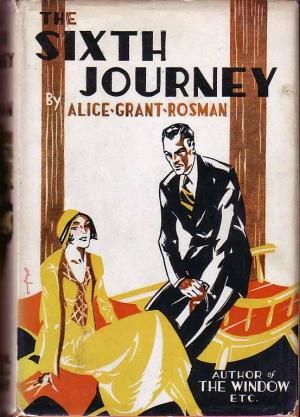- Messages
- 17,460
- Location
- New York City
I think the most reasonable conclusion is that history is far more malleable than people want to believe it is. We want to believe in absolute truths about historical facts -- but we're at the mercy of the sources from whom we learn those facts. But the deeper you delve into contemporary sources the more manipulation and chicanery you find -- Brother Seldes devoted most of a very long life to trying to make people aware of the fact that the American "free press" was in fact anything but free -- and the less you can let yourself rely on the currently-fashionable interpretation of those sources.
Along with my pile of "In Fact" I'm also continuing to work thru those volumes of "Life," and it's fascinating to juxtapose the two -- very often an article in Life will smell funny, and you can turn to a contemporaneous issue of "In Fact" to see Seldes pointing out exactly where the propaganda is coming from. It makes for quite an education in the area of just how manufactured the mass media of the Era really was.
I don't often agree with Henry Ford on much of anything, but you can make a good argument that history, or at least what we believe history to be at any particular moment of time, is, in fact, bunk.
Ford, like many of those industrial era tycoon, was, IMHO, a classic hedgehog. He got one big idea really, really right - classic hedgehog behavior - but he, many around him and many in the world assumed he was a fox, which he wasn't, with a brilliance that could be broadly applied. Basically, when a hedgehog is assumed to be a fox, he gets to (switching metaphors) act like a bull in a china shop and nobody says anything. If you or I acted like Henry Ford, or if Ford hadn't got one big idea right first, he, you and I would be exposed for the cranks that we all were being.



